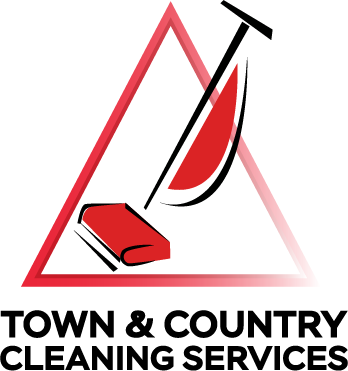House Cleaning with Water only: Steam – the New Miracle Cleaner
There is increasing concern about the use of cleaning chemicals. Read how one professional cleaning company is meeting the challenge of cleaning with fewer or even no chemicals.
In “The Professional House Cleaner Technician’s Manual” (by David Kaiser, Bruce Vance, Tom and Janice Stewart et al.) there is a chart to help explain the four (4) elements that comprise successful cleaning. Those four elements are remembered with the acronym C H A T.
C stands for Chemical,
H stands for Heat,
A stands for Agitation and
T stands for Time.
Generally, when one of the four elements is increased, one or more of the other three can be decreased. So, hot water in your cleaning bucket may help decrease both time and agitation or some other combination.
Whether it is you or the professional cleaner who is doing the work, the most costly expense (or aggravation in your case) is, generally speaking ‘Labor’ (represented above by the ‘T’ for time) although labor increases even more when the need for ‘A’ (agitation) goes up. So if you can increase one of the other elements (Heat or Chemical) you begin to see time saved. For years, the trend has been to implement stronger and more effective chemicals. This usually means more extremes in pH which may well increase the risk to materials and users (either employees or you). The need for speed has also led to many additions to detergents to help increase their effectiveness. Additives such as:
buffers – to help maintain pH within a desired range;
surfactants – to “make water wetter”;
chelating agents – to remove minerals which ‘interfere’ with a detergent’s effectiveness;
spray-and-wipe detergents – to reduce the need for rinsing;
and co-solvents — to increase effectiveness; many co-solvents are volatile organic compound or “VOCs” and in green circles a VOC is a “dirty” word.
Whew – that’s a significant list but it illustrates some of the chemical manufacturers’ attempts to help us clean better and faster.
For many years people have tried using hot water to speed up their cleaning efforts. You may have tried steam mops (often likened to a steam iron on a long handle) which are one recent attempt to increase heat. We also see sharply-increased community concerns that you may share: the over-use of chemicals, environmental issues, and the desire to be ‘green’. Add to this picture the common lament that labor has become ever more costly and, in our Chapel Hill market at least, increasingly scarce for this type of work.
That is why Town & Country Cleaning Services has determined to find a solution and to make it one that works better for our customers and better for our employees. We are joining a select group of cleaners who are implementing Chemical-Free Cleaning. We are already the first “The CleanTrust”-certified firm for residential house cleaning (HCT) in the nation and our owners are the first and only approved instructors for the House Cleaning Technician certification offered by The Clean Trust (formerly the IICRC). We are impressed by the Vaportek company (makers of the Ladybug Dry Steam Generator) and also with the Ionator (a special spray cleaner). Both of these devices use tap water to clean, to clean safely and to clean very well. To date, there is no EPA-listed “green” chemical disinfectant. However, the Steam Generator with its patented TANCS system can indeed disinfect (it is the only steamer listed by the EPA as a disinfecting device). Sanitizing claims for the Ionator are less substantiated, but it does clean as well as an all-purpose cleaner while using only water. When using a high quality microfiber cloth such as the Perfect Clean microfibers that we buy, we know we can clean extremely well, removing about 99% of dirt and germs compared with a cotton cloth that removes roughly 30% of the same. These numbers come from a study on cleaning with microfiber cloths done by the University of California at Davis.
A dry-steam generator moves the ‘H’ (for Heat) so high that the need for ‘C’ (for Chemical) may be entirely reduced — to zero! The primary exception found so far is hard-water films such as may be found on shower glass and tile. Chemicals are still needed in heavy soil situations, but so many other opportunities remain for all of us to eliminate chemicals in our regular maintenance cleaning!
In the last 50 years or so we have seen an amazing trend in communications to the point that the cell phone in our pocket can connect us instantly to friends and family as well as to the internet. Now we are seeing the ancient industry of cleaning begin using the newest technology available to make our world safer and greener. Town and Country Cleaning Services’ new motto? A healthy clean and green too!

I love this article. I totally agree with going green and chemical-free. I’m a firm believer that steam cleaning is just as effective as using harsh chemicals, without the harmful side effects. I love that you use alternative cleaning techniques in your business, it definitely makes you stand out!
Thank you – there are still a lot of people being taught green-washing rather than green cleaning. Sometimes the only thing ‘green’ about a given product is its name or its color. Thanks for your supportive response.